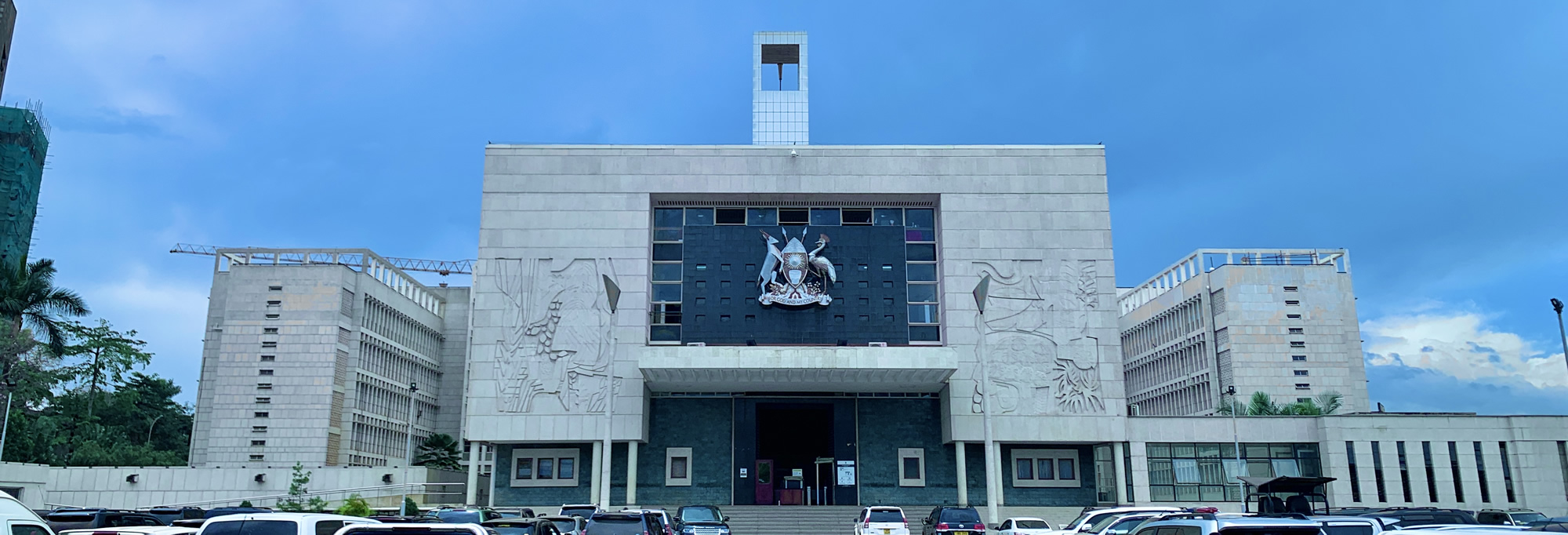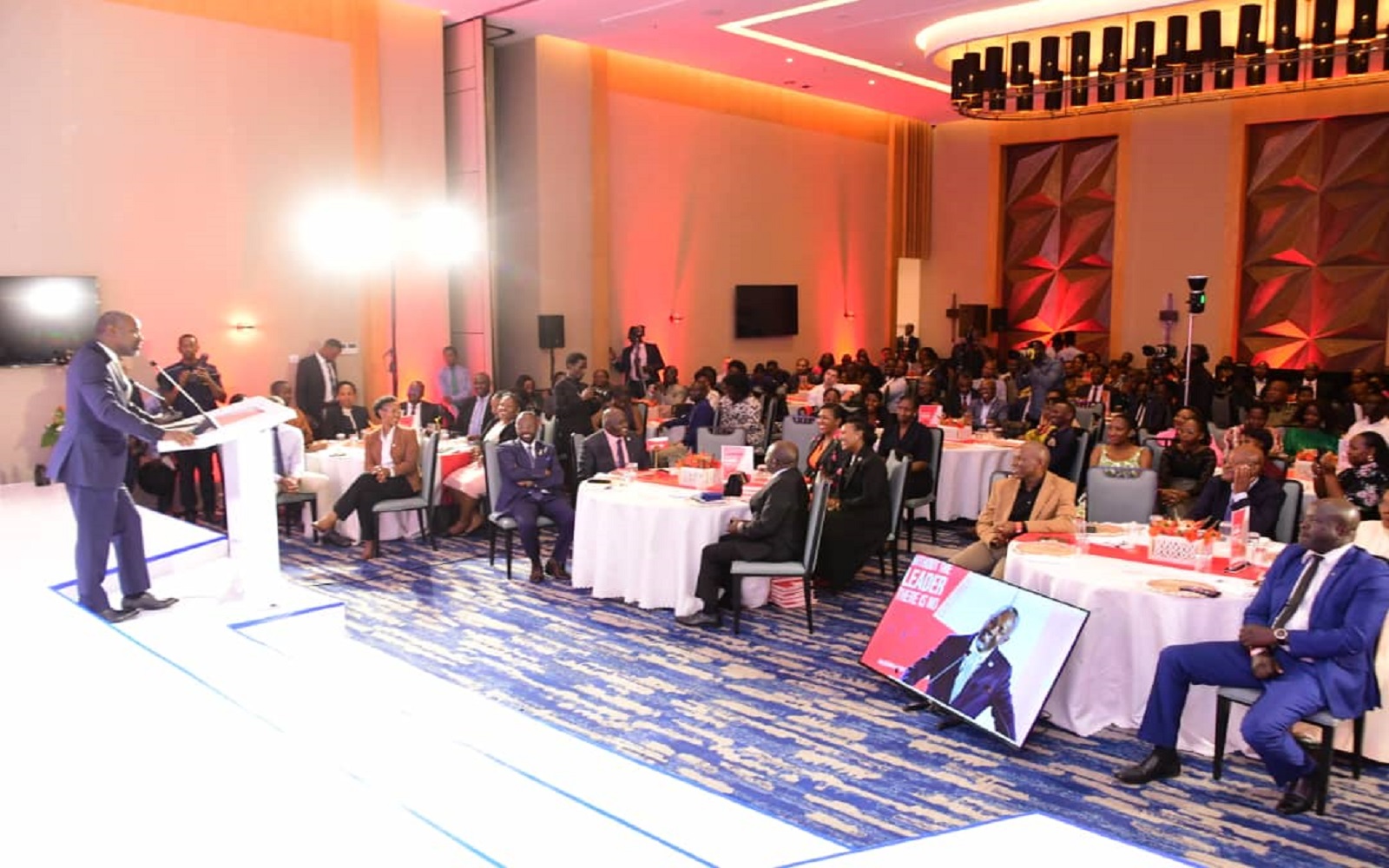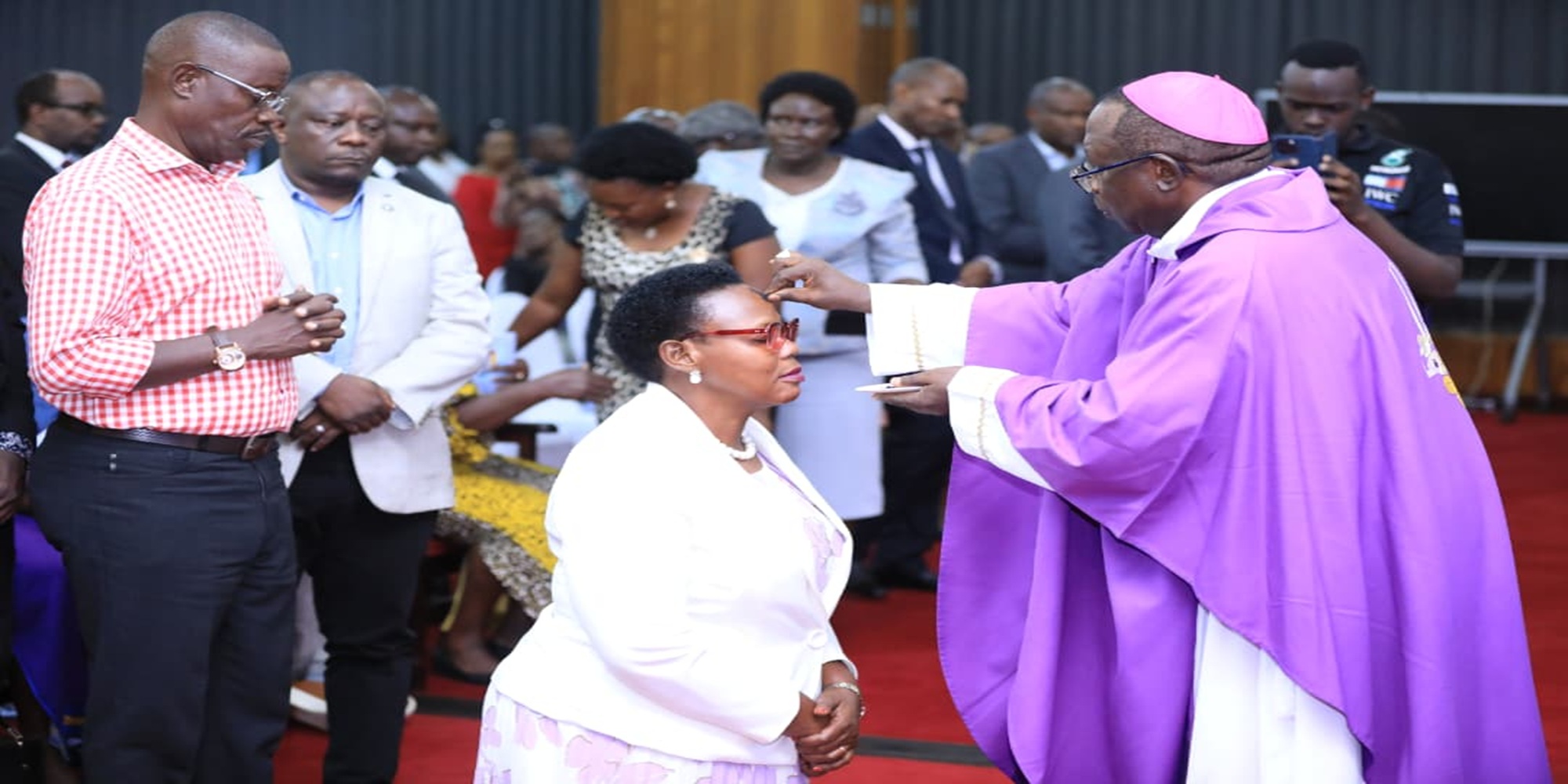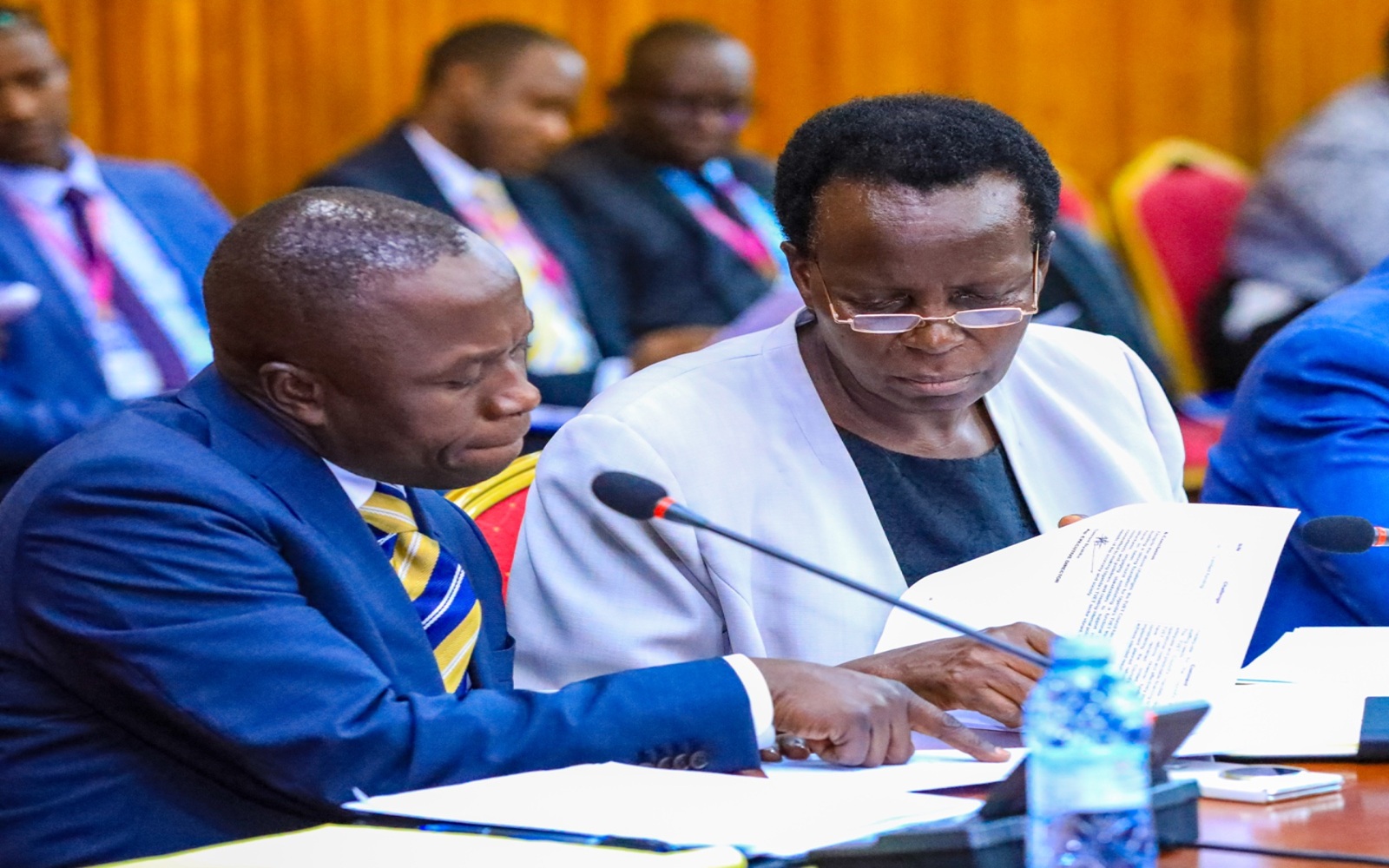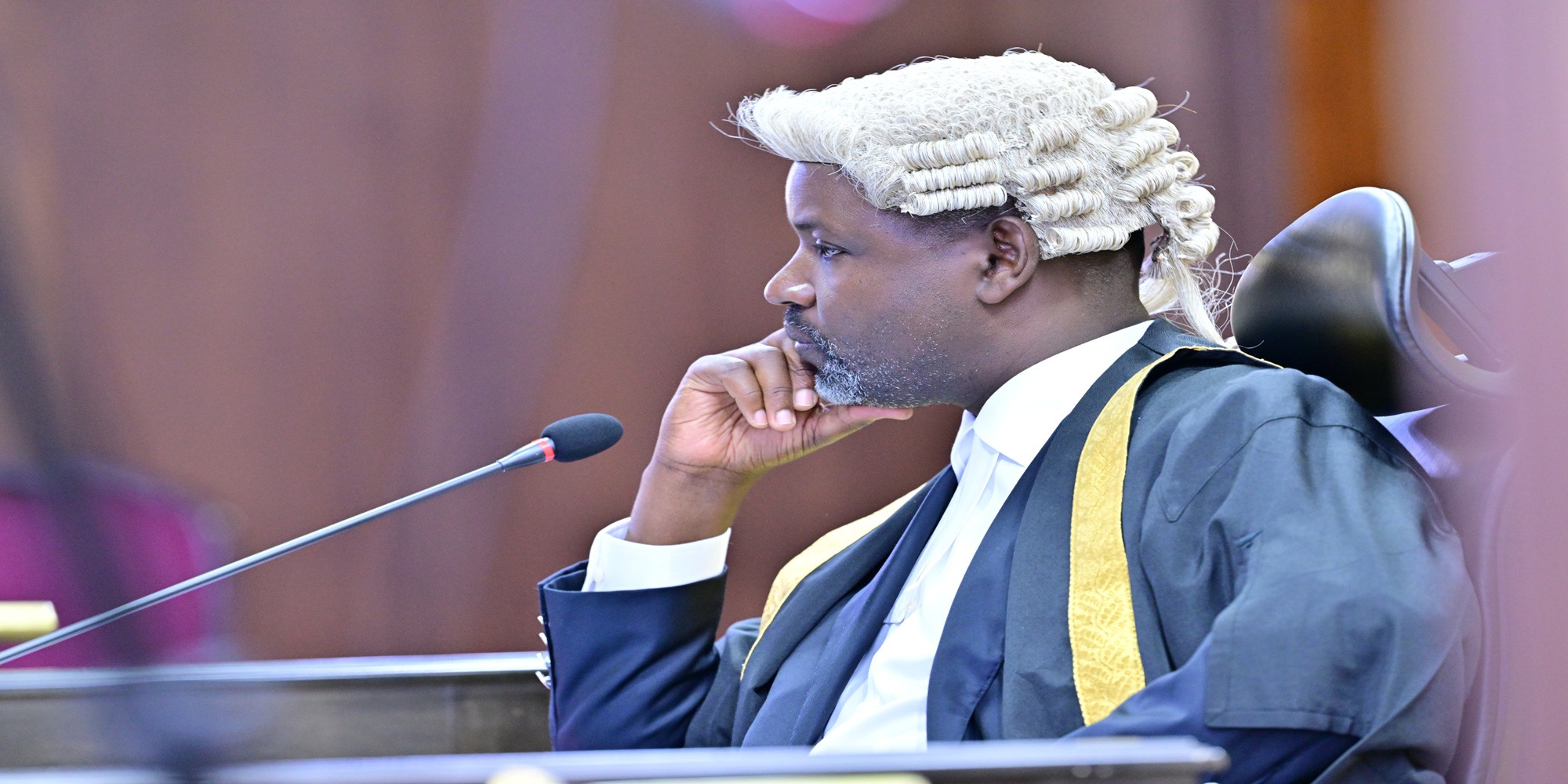The Deputy Speaker, Thomas Tayebwa, says running government on a business model can lead to effective management of programmes like Emyooga and the Parish Development Model.
“In business, the moment you treat your customer well, the moment you give them an experience, then your business is bound to achieve and grow in a sustainable way. Now, the problem is that our dividends as government are structured in a certain way after every five years,” Tayebwa said.
He mooted the concept of putting government systems on a block chain to enable the running of a transparent system that can be better appreciated by the public.
A blockchain is a system in which a record of transactions is maintained across computers that are linked in a peer-to-peer network and can support data protection, streamline processes and reduce fraud, wastage and abuse while increasing trust and accountability.
“I shared with a mining conference which I opened on Tuesday morning and I talked about issues of transparency. We have to run a transparent government and if we put it on blockchain, people can see and appreciate our work,” Tayebwa added.

Tayebwa made the proposals while officiating at the launch of a book titled, ‘Without The Leader, There Is No Customer Experience’ on Tuesday, 01 October 2024. The book is written by Dr Dorothy Kyeyune.
The Deputy Speaker commended Kyeyune for the constructive excerpts on customer relations and experience in her book, which studied a host of private companies Uganda.
He made a call to local companies to capitalise on their after-sales service.
“The biggest challenge I have seen and experienced in this country is that the private sector only aims at giving you a product. However, knowing that you care about me and the chain of support is what drives me. Our local companies should focus on the experience, so that I feel I am not a one-hit wonder with you but rather part of the family,” he said.
The Deputy Speaker also urged her to look into studying customer experiences in the public sector, noting that this can guide government with its people-relations.
Kyeyune said the book was inspired by an experience she had with poor customer relations from a company noting the book presents optimism of improving the people relations in the private sector of the country.
